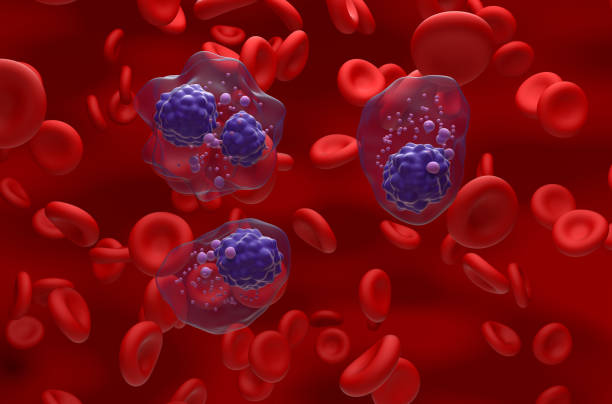Stuffy Nose Treatment: Effective Remedies for Nasal Congestion Relief
A stuffy nose, or nasal congestion, is a common symptom of various conditions like colds, allergies, or sinus infections. It can be bothersome and interfere with daily activities, sleep, and overall comfort. Understanding how to effectively treat a stuffy nose can help alleviate discomfort and hasten recovery. This guide provides an overview of various remedies and treatments for nasal congestion.

Understanding Nasal Congestion
A stuffy nose occurs when the nasal tissues and adjacent tissues and blood vessels become swollen with excess fluid, causing a ‘stuffy’ feeling. It may be accompanied by a runny nose and can be caused by anything that irritates or inflames the nasal tissues.
Common Causes of a Stuffy Nose
- Colds and Flu: Viral infections are the most common cause.
- Allergies: Such as pollen, dust, pet dander, or certain foods.
- Sinus Infections or Sinusitis: Inflammation of the sinuses.
- Environmental Irritants: Smoke, strong odors, or chemical fumes.
Home Remedies for Nasal Congestion
- Steam Inhalation: Breathing in steam from a hot shower or a bowl of hot water can help reduce nasal swelling and relieve congestion.
- Hydration: Drinking plenty of fluids thins the mucus, making it easier to expel.
- Saline Nasal Sprays: Saline solutions can help to clear out the nasal passages.
- Warm Compresses: Applying a warm towel over the nose and forehead can alleviate sinus pressure.
Over-the-Counter Treatments
- Decongestant Sprays: Such as oxymetazoline, provide quick relief but should not be used for more than a few days.
- Oral Decongestants: Pills like pseudoephedrine can reduce swelling and congestion.
- Antihistamines: Especially effective for allergies, they can reduce stuffiness, runny nose, and sneezing.
Natural and Alternative Remedies
- Essential Oils: Eucalyptus or peppermint oil used in a diffuser or steam inhalation.
- Humidifiers: Adding moisture to the air can help keep nasal passages moist.
- Neti Pots: Use with a saline solution to flush out the sinuses.
Lifestyle Changes
- Avoid Irritants: Stay away from smoke, dust, and other irritants that can worsen congestion.
- Elevate Your Head: Sleeping with your head elevated can help drain the sinuses and improve breathing.
When to See a Doctor
- If congestion persists for more than 10 days.
- If you experience high fever, facial pain, or signs of a sinus infection.
- For recurrent bouts of nasal congestion.
Preventive Measures
- Good Hygiene: Washing hands frequently to prevent colds and flu.
- Allergy Management: Using air purifiers and avoiding known allergens.
- Staying Healthy: Maintaining a healthy immune system through diet and exercise.
Conclusion
Nasal congestion is a common issue that can be effectively managed with a combination of home remedies, over-the-counter medications, and lifestyle changes. Understanding the cause of your stuffy nose can guide the best treatment approach. If symptoms persist or are accompanied by other severe symptoms, it’s important to seek medical advice for appropriate treatment.






